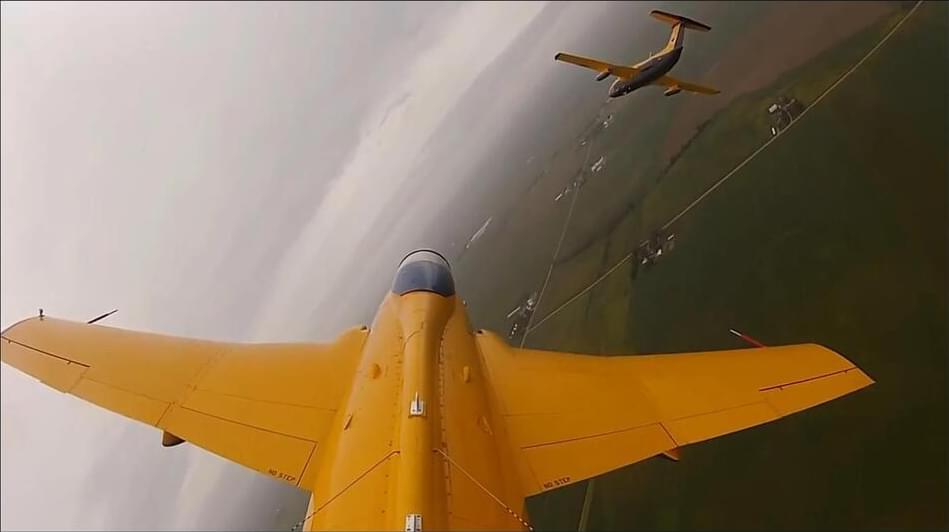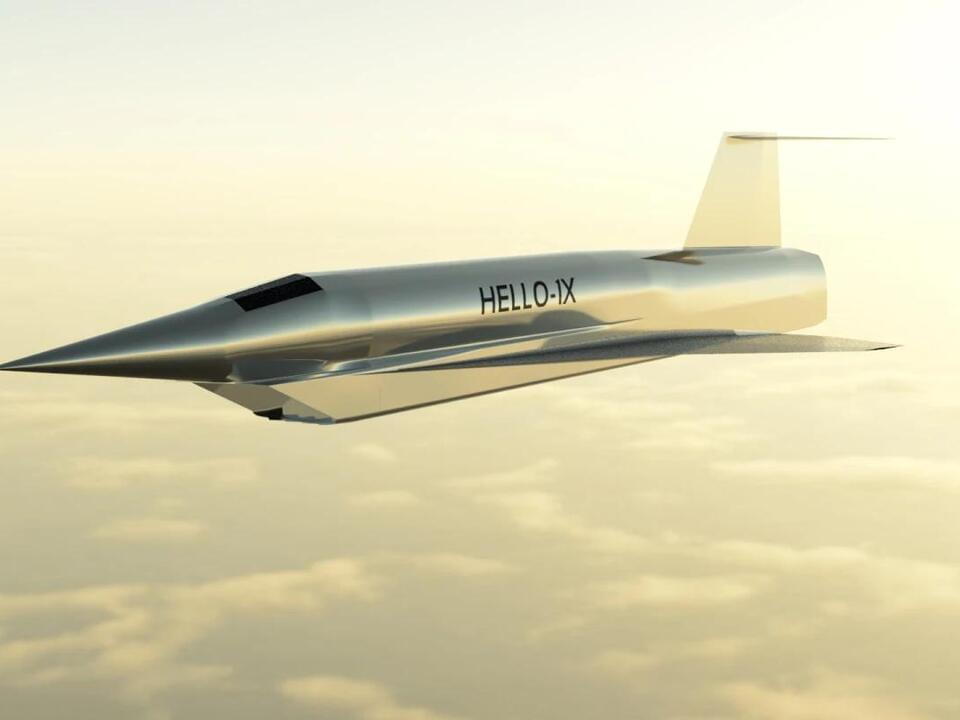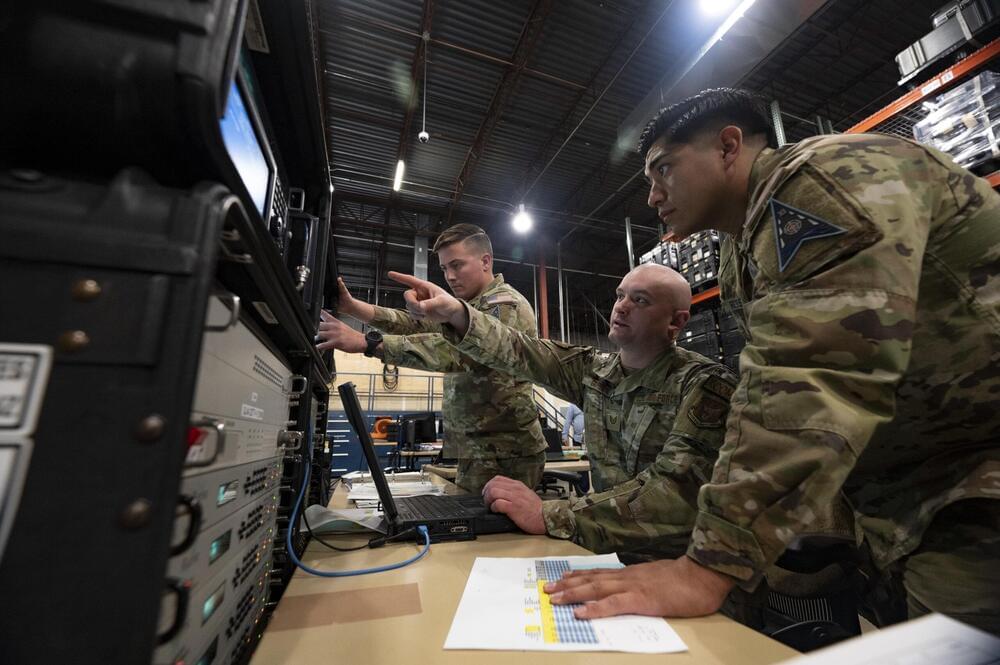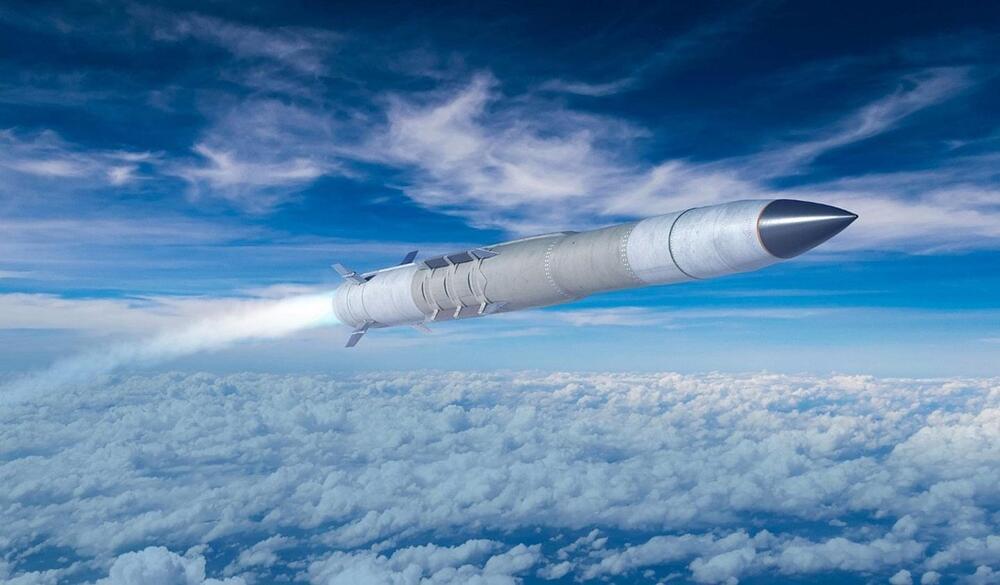Tesla will not launch a refreshed Model Y this year, chief executive Elon Musk said in a post on social media X on Saturday.



As the Kremlin threatens to unleash atomic weapons in its battle to take over democratic Ukraine, and develops nuclear-armed spacecraft to challenge the allied space powers, one rising aerospace outfit says its new space station will be a symbol of international peace and camaraderie when launched into the heavens.
The American co-founders of Starlab Space, who have formed an alliance with European, Canadian and Japanese space-tech leaders, predict their orbiting station could help keep the celestial peace despite the armed clashes and nuclear brinkmanship now upending the Earth.
The Starlab Space Station is first and foremost a hyper-modern habitat and science lab, designed to enable astronauts around the world to conduct experiments in microgravity or deploy imaging satellites, all while circling the planet at 28,000 kilometres per hour.

I found this on NewsBreak: Space Engine Systems Successful in UK MoD Hypersonic Technology Challenge #Engineering
EDMONTON, Alberta—(BUSINESS WIRE)—May 29, 2024—
Space Engine Systems (SES), through its UK operations based out of Spaceport Cornwall (SES Ltd), has applied its aerospace technology expertise to a £1 Billion GBP ($1.27 Billion USD) challenge issued by the UK MoD linked to Hypersonic Technologies and was very recently notified that it had secured a place in the Hypersonic Technology and Capability Development Framework (HTCDF). DE&S to award contracts on £1 billion framework to develop UK’s first hypersonic missile — Defence Equipment & Support (mod.uk). This framework will enable the rapid development of advanced hypersonic missile capabilities, and related technology, over the next 7 years.

Lockheed Martin has opened a new engineering facility, laboratory, and demonstration center in Huntsville, Alabama, to advance US security capabilities.
The $18-million, 122,000-square-foot (11,334 square meters) site will house 500 employees who will take on upgrade, readiness, and sustainment works for the US Army’s Black Hawk helicopters, as well as the Missile Defense Agency’s Command and Control, Battle Management and Communications (C2BMC) system.
It will also be responsible for the modeling and simulation framework for the Ballistic Missile Defense System.
Maj. Gen. Dr. Paul Friedrichs, MD is the Inaugural Director of the Office of Pandemic Preparedness and Response Policy, at the White House (OPPR — https://www.whitehouse.gov/oppr/), a permanent executive office aimed at leading, coordinating, and implementing actions to prepare for and respond to pathogens that could lead to a pandemic or significant public health-related disruptions in the U.S., and principal advisor on pandemic preparedness and response, appointed by President Biden.
Dr. Friedrichs was previously the Joint Staff Surgeon at the Pentagon where he provided medical advice to the Chairman of the Joint Chiefs of Staff, the Joint Staff and the Combatant Commanders, coordinating all issues related to health services, including operational medicine, force health protection and readiness among the combatant commands, the Office of the Secretary of Defense and the services. He also led the development and publication of the initial Joint Medical Estimate and served as medical advisor to the Department of Defense COVID-19 Task Force.
Dr. Friedrichs received his commission through the Reserve Officer Training Corps and his Doctor of Medicine (M.D.) from the Uniformed Services University. He has commanded at the squadron and group level, served as an Assistant Professor of Surgery and led joint and interagency teams which earned numerous awards, including “Best Air Force Hospital.” As Chair of the Military Health System’s Joint Task Force on High Reliability Organizations, he oversaw developing a roadmap to continuously improve military health care. As the Command Surgeon for Pacific Air Forces, U.S. Transportation Command and Air Combat Command, the general and his teams identified gaps, developed mitigation plans and enhanced readiness for future conflicts and contingencies.

And officials can come at those in slightly different ways — meaning that there isn’t necessarily a disconnect between SPACECOM and Space Force, she noted.
But, writ large, Christensen isn’t convinced most new commercial space companies currently being funded by venture capital — whether looking to provide satellite servicing or remote sensing or delivery via rocket — will be able to make it long term without Pentagon and IC dollars.
“I think the US national security community is going to shape commercial space for the foreseeable future,” she said.
2023.
Drones combining the bodies of taxidermy pheasants and pigeons, with flapping wing mechanisms closely mimic living birds.
Researchers at New Mexico Tech have designed these lifelike drones to hover and glide but further development is required to implement a broader range of avian motions. These flapping-wing drones could help study flocks of birds or enable military spy mission.
–
Learn more ➤ https://www.newscientist.com/article/.…
“Batteries are the crux of many of the most important emerging technologies in both the civilian world and, important to our profession, on the battlefield,” said United States Military Academy Cadet Michael Williams. “More energy dense batteries allow, for instance, greater range on electric vehicles, longer battery lives for radios, and longer flight times for drones. Our work helps make manufacturing these batteries easier.”
Cadets Michael Williams, Avery Patel, and Nancy Astable have been working on a long-term project with their faculty mentors Dr. Enoch Nagelli, Dr. Simuck Yuk, and Army Col. John Burpo to develop new ways to maximize energy storage and generation for the U.S. Army Combat Capabilities Development Command’s Armaments Center. In collaboration with Cornell University, the team at USMA’s Department of Chemistry and Life Sciences is pursuing innovative approaches to increasing the quality and use of batteries and fuel cells.
The value of conducting scientific research to solve real-world problems is clear to the cadets.

Join our newsletter to get the latest military space news every Tuesday by veteran defense journalist Sandra Erwin.
In a statement May 22, the Space Force said this specialized environment will be crucial for training service personnel, known as guardians, to defend critical satellites and other spacecraft from electronic attacks. Satellites rely on electromagnetic signals for communication, navigation, and data transmission, making them vulnerable to jamming and cyberattacks.

The US Armed Forces are working closely to integrate and adapt different missile systems within their inventories.
Most recently, the US Army sand Lockheed Martin launched a Patriot Advanced Capability 3 (PAC-3) missile segment enhancement interceptor from a US Navy (USN) ground-based, containerised Mk70 launcher platform against a cruise missile target mid-flight for the first time.